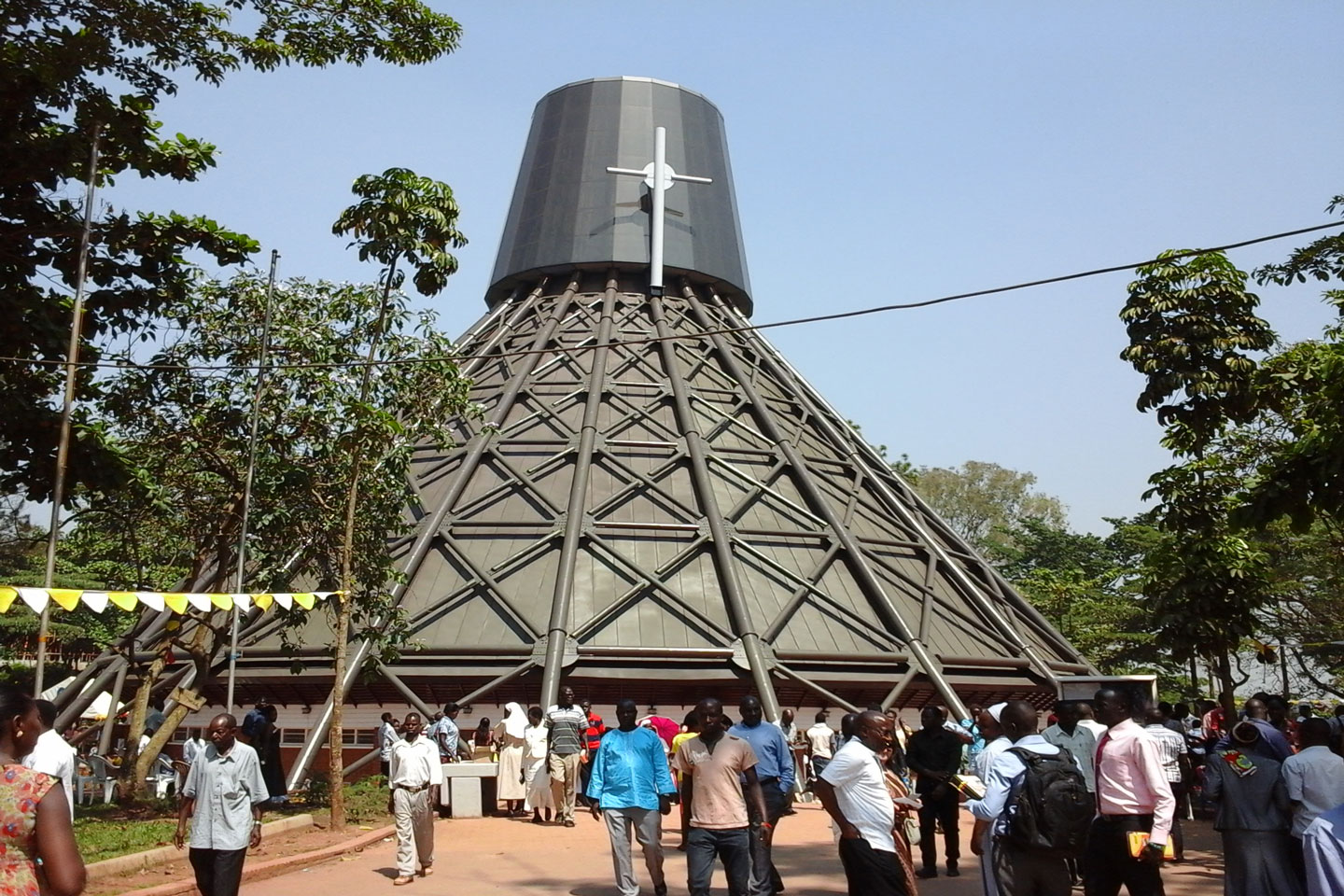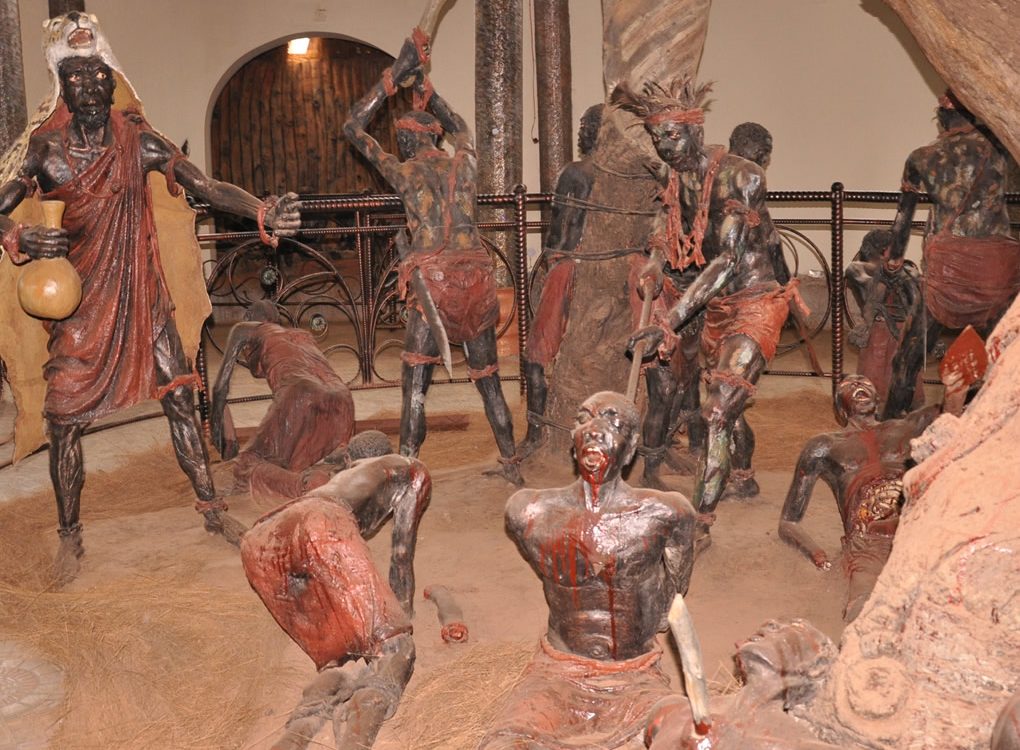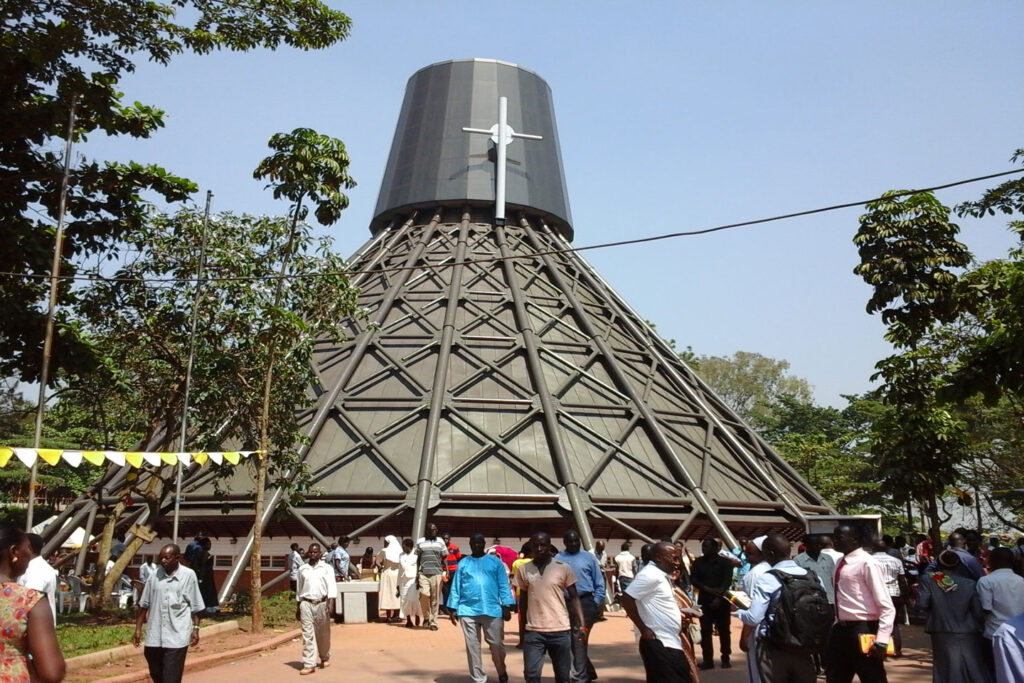
Uganda Martyrs Day is a significant public holiday in Uganda, observed annually on June 3rd. This day commemorates the martyrdom of 45 young men who converted to Christianity and were executed between 1885 and 1887 on the orders of King Mwanga II of Buganda. The event is a major religious and cultural celebration in Uganda, drawing pilgrims and visitors from across the country and beyond.

Historical Background
- The Martyrs: The group included 23 Anglican and 22 Catholic converts who were killed for their faith. Their refusal to renounce Christianity and the moral stances they took against the king’s practices led to their execution.
- The Executions: These executions took place at different locations, with a significant number occurring at Namugongo, which has since become a central site for the commemoration.

Celebrations and Pilgrimage
- Pilgrimage: Thousands of pilgrims, including many who travel on foot, converge on the Namugongo Martyrs Shrine. This journey is a demonstration of faith and devotion, often taking several days or weeks.
- Religious Services: The day is marked by large religious services, including Mass and prayers, often attended by high-ranking church officials and dignitaries.
- Cultural Significance: In addition to its religious importance, the day serves as a reminder of Uganda’s historical struggle with colonial and internal conflicts and the role of religion in shaping its modern identity.
Sites of Importance
- Namugongo Martyrs Shrine: The primary site for the commemoration, which includes both Anglican and Catholic shrines. It is equipped to handle the large influx of pilgrims and features various facilities to support the event.
- Other Memorials: Various other sites across Uganda also mark the places of execution and significance related to the martyrs.
Impact and Legacy
Uganda Martyrs Day has become an integral part of Uganda’s national identity, reflecting the deep religious roots and the spirit of resilience in the country. It fosters unity among Ugandans of different faiths and backgrounds, highlighting a shared history of sacrifice and belief.

The day is not only a religious observance but also a significant cultural event that attracts attention from around the world, promoting tourism and cultural exchange.

4o


